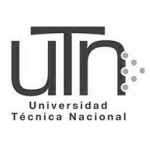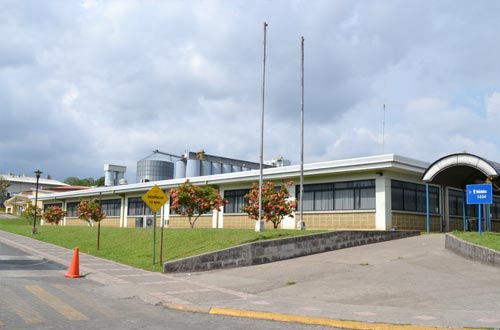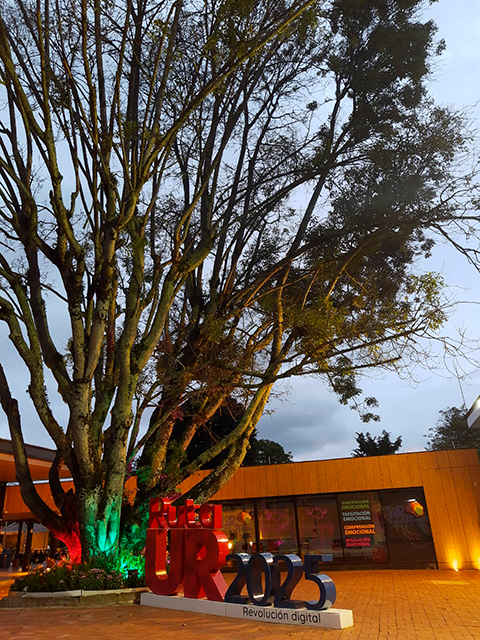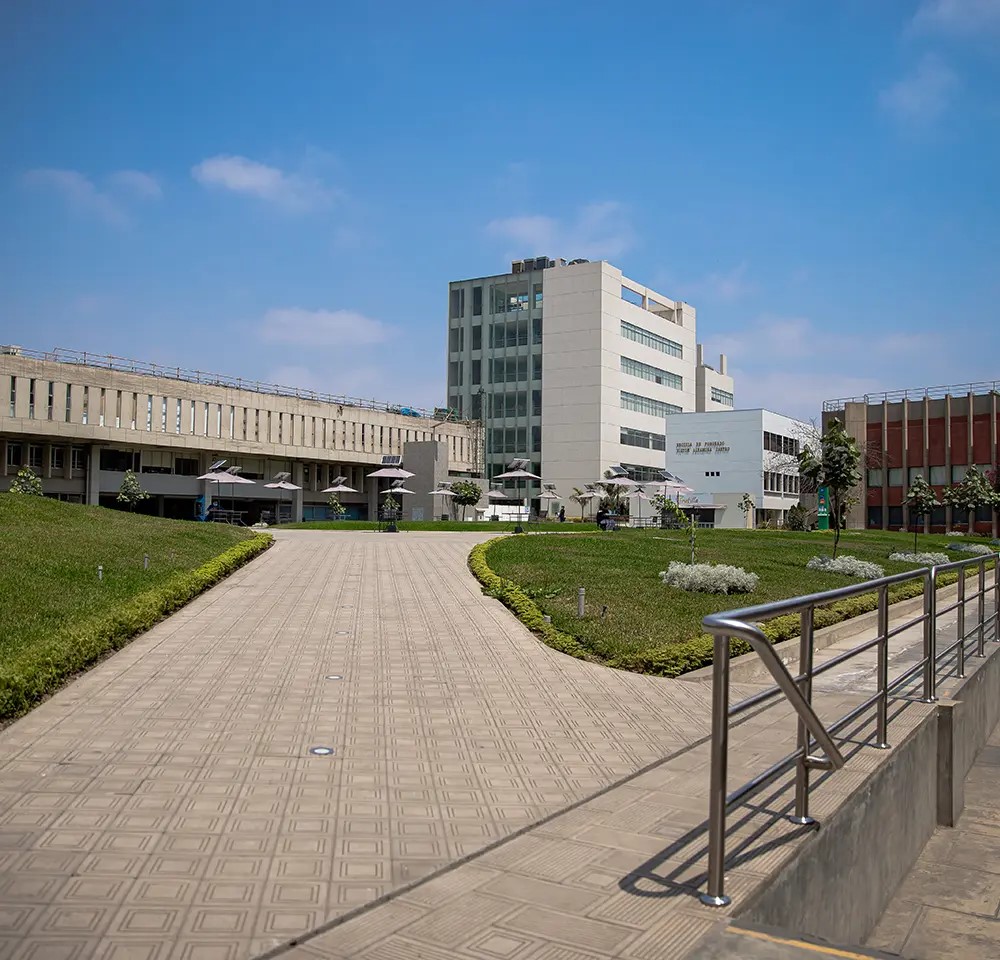University-Business Linkages
The third unit will support HEIs in creating and implementing strategies for the promotion of University Business Linkages (UBL).
In the area of higher education management, iN4iN LATAM Chapter supports the strategy development and the implementation of University Business Linkages activities which should form an integrative part of the transfer strategy of a HEI.

The Universidad Técnica Nacional de Costa Rica, the strategic axis of University Extension and Liaison is part of the Vice Rector’s Office for University Extension and Social Action and reports directly to the Vice Rector, as the highest authority in this area, who in turn reports to the Rector’s Office.
It is responsible for the institutional management of the processes of linkage, articulation and strategic alliances, the promotion of the entrepreneurial culture and the sale of business development services, university extension plans and projects, internationalization and external cooperation.
Our main objective is the positioning and recognition of the National Technical University among the productive sectors, companies, the state, communities and civil society in general and the joint development of projects of common interest and welfare.


At the School of Management at the University of Rosario, various avenues for building relationships with the business sector exist:
- Business Challenges
- Corporate Visits
- Entrepreneurs in the Classroom
- UR Innovation Day
- Research
- Voices in Management
- Guest Speakers
- Entrepreneur of the Year Award
- Logistics and Strategy Congress
- Training and Consulting
- UR STEAM
Benefits:
Students will have the opportunity to utilize the facilities of the School of Management for work sessions, using various methodologies available in the UR STEAM labs. Additionally, they can participate in various academic events hosted by the School of Management.
Through these University-Private Sector relationships, organizations are strengthened through proposals developed by students and the company’s team. This also enhances connections with various domestic companies.
These activities also facilitate the recruitment of students from the School to become human talent for affiliated organizations. It allows for membership in the School of Management’s business ecosystem and the development of collaborative research.


The Universidad Peruana Cayetano Heredia (UPCH) positions itself as a research-based university, demonstrating its leadership in national and international rankings. In this capacity, it accompanies research with innovation management, which involves research, development, innovation, and entrepreneurship (R&D&i&e).
For this, it has different elements for adequate management of links with the company and the state through the triple helix model; within the UPCH, it maintains the University Directorate of Innovation and Entrepreneurship (DUIE), whose main function is to manage the processes of links with third parties for the development of R&D&i&e projects, providing the necessary tools for managing the results, which could lead to protectable intellectual property, transferable technological packages, start-ups, and ventures, thus achieving the value of the results and their impact for the benefit of society.
Along these lines, it has four offices: the Intellectual Property Office, the Technology Transfer and Business Linkage Office, the Business Incubator (Bioincuba), and the Technical Standards Office for Production of Services.
Finally, UPCH has been participating in different national and international calls where its linkage management capabilities are deployed, having won different public and private financing with positive results and impact.


Innovation Systems and University Business Linkages
The concept of an innovation system is based on the premise that the understanding of the relationships between different actors (companies, state, and universities) involved in the innovation processes is the key to improving the technological competence of a country or a region/city. In our view, the innovation system refers to an open system which is largely built on the interaction of external networks, institutions, and companies. External interaction, for instance between innovation systems, has an important role to play in international knowledge and technology transfer processes between industrialized and developing countries. We extend the widespread Triple-Helix concept by incorporating the 4th group of actors − the innovation service providers. Here, we are dealing with specialized services in the field of financing (e.g., risk capital funds), knowledge transfer (e.g., consulting companies, patent attorneys, etc.) and entrepreneurship promotion (e.g., business incubators).
At SEPT, we recognize the high importance of University Business Linkages (UBL) for promoting innovation and knowledge transfer. Therefore, Higher Education Institutions should assume a more active role in creating such linkages. Through this collaboration, firms benefit from building absorptive capacity, legitimization, knowledge transfer, knowledge exchange, innovative outputs, social capital, among others. We focus in our research on the required resources and competences to develop such linkages at the university side in order to provide Higher Education Institutions a guidance in creating UBL strategies and implementing the respective measures.

